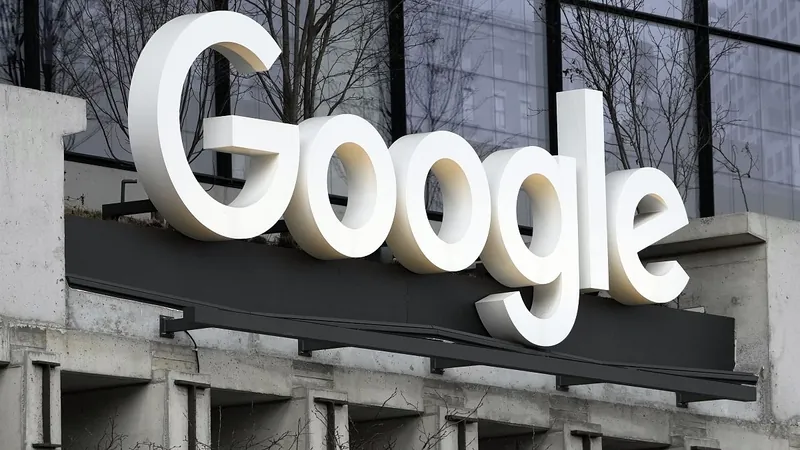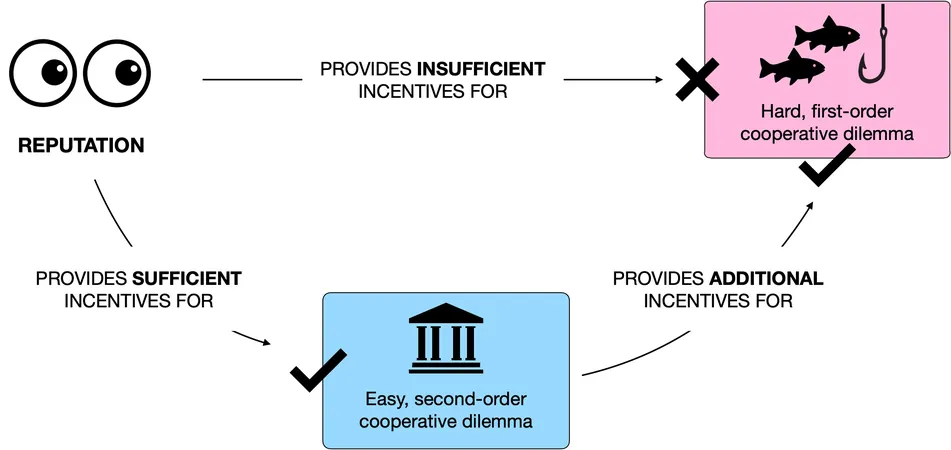
Google Unveils Groundbreaking AI Technology Amid Antitrust Challenges: Is This the Future?
2024-12-12
Author: William
In a stunning development on Wednesday, Google showcased its next generation of artificial intelligence (AI), poised to revolutionize how humans interact with technology. This latest release, dubbed Gemini 2.0, builds upon the initial Gemini framework that was first introduced a year ago.
What's New with Gemini 2.0?
Gemini 2.0 is not just a simple update; it aims to empower AI agents that can interpret images taken from smartphones, take care of dull and repetitive tasks, remember past conversations with users, and even assist gamers in strategizing. Essentially, it is designed to make online searching more intuitive than ever, tapping into a world of endless possibilities.
Sundar Pichai, Google’s CEO, highlighted in a recent blog post that this latest iteration of AI technology will “understand more about the world around you, think multiple steps ahead, and take action on your behalf, with your supervision.” This promise of enhanced understanding reflects a growing trend in the tech sector, with competitors like OpenAI and Microsoft working tirelessly on similar AI solutions.
Exclusive Features and Future Releases
While much of Gemini 2.0’s advanced capabilities will initially be accessible only to select test groups and those who subscribe to Gemini Advanced, Google has plans for broader availability through its search engine and various mobile applications. The tech giant aims to roll out these exciting features across its suite of popular products such as Chrome, Google Maps, and YouTube by next year.
This move comes as Google seeks to maintain an edge over competitors like Apple, who are also integrating AI into their latest devices. As the race heats up, consumers can expect a surge in innovative applications and features designed to enhance everyday digital experiences.
Antitrust Battles Looming on the Horizon
However, these advancements arrive amidst serious legal challenges. The U.S. Department of Justice is fiercely pursuing actions against Google, aiming to dismantle its dominant position in the market. Earlier this year, a federal judge ruled that Google operates as an illegal monopoly, triggering a landmark antitrust case that could reshape the tech landscape.
If the Justice Department has its way, Google may be forced to divest certain elements of its business, such as Chrome, as punishment for allegedly stifling competition. Despite these challenges, Google has dismissed the DOJ's proposals as 'overly broad' and is prepared to fight back in court. With hearings set to begin in Washington D.C. next spring, the outcome remains uncertain, but one thing is clear—Google is not backing down.
Despite these looming legal battles, Pichai expressed optimism about the future of AI, stating, “I can’t wait to see what this next era brings.” This underscores Google’s confidence in its ability to continue pioneering AI advancements, even as it navigates turbulent regulatory waters.
The Bigger Picture: Potential Impact of AI
With its aggressive push into AI technology, Google is not only looking to enhance its product lineup but is also likely to influence the broader tech industry. The implications of Gemini 2.0 and similar technologies could redefine user interactions with digital platforms, making tasks more seamless and intuitive. As we venture into this new era of AI, one has to wonder: Are we ready for the profound changes it will bring?
The future looks both challenging and thrilling for Google and the tech industry at large. Stay tuned as this story unfolds!









 Brasil (PT)
Brasil (PT)
 Canada (EN)
Canada (EN)
 Chile (ES)
Chile (ES)
 España (ES)
España (ES)
 France (FR)
France (FR)
 Hong Kong (EN)
Hong Kong (EN)
 Italia (IT)
Italia (IT)
 日本 (JA)
日本 (JA)
 Magyarország (HU)
Magyarország (HU)
 Norge (NO)
Norge (NO)
 Polska (PL)
Polska (PL)
 Schweiz (DE)
Schweiz (DE)
 Singapore (EN)
Singapore (EN)
 Sverige (SV)
Sverige (SV)
 Suomi (FI)
Suomi (FI)
 Türkiye (TR)
Türkiye (TR)